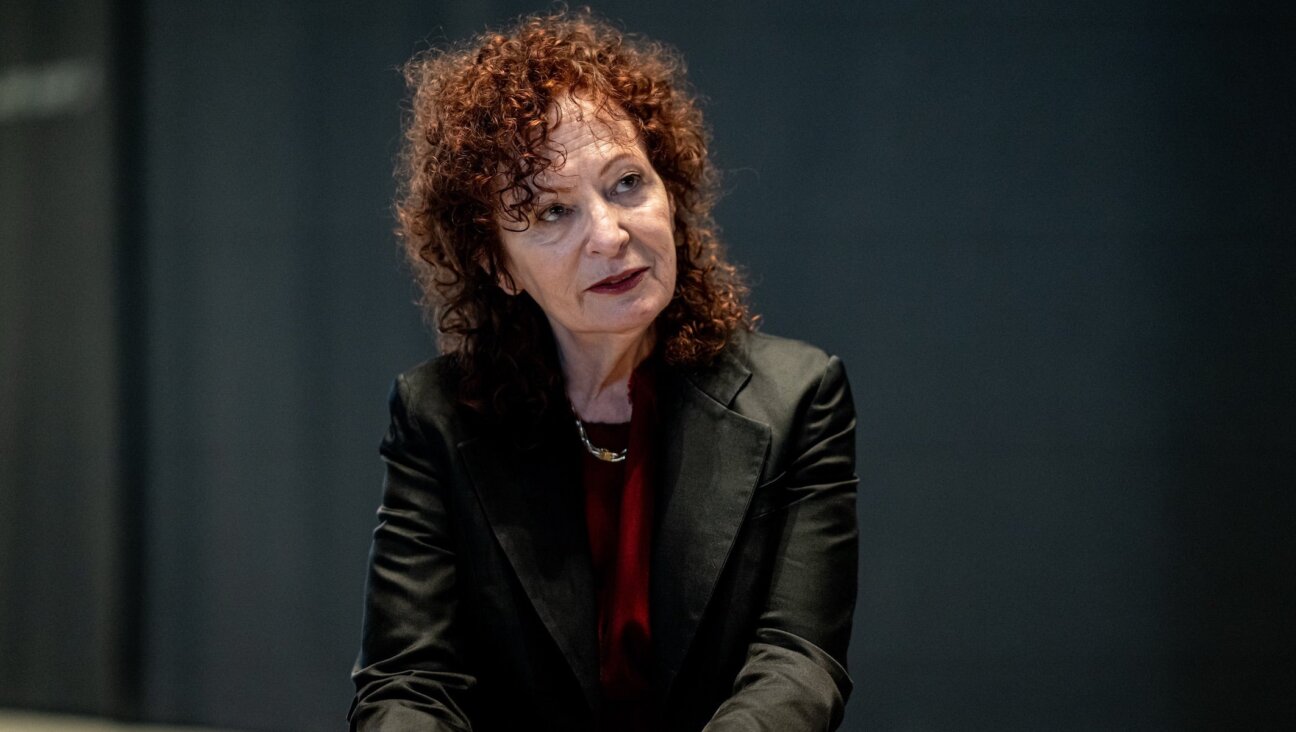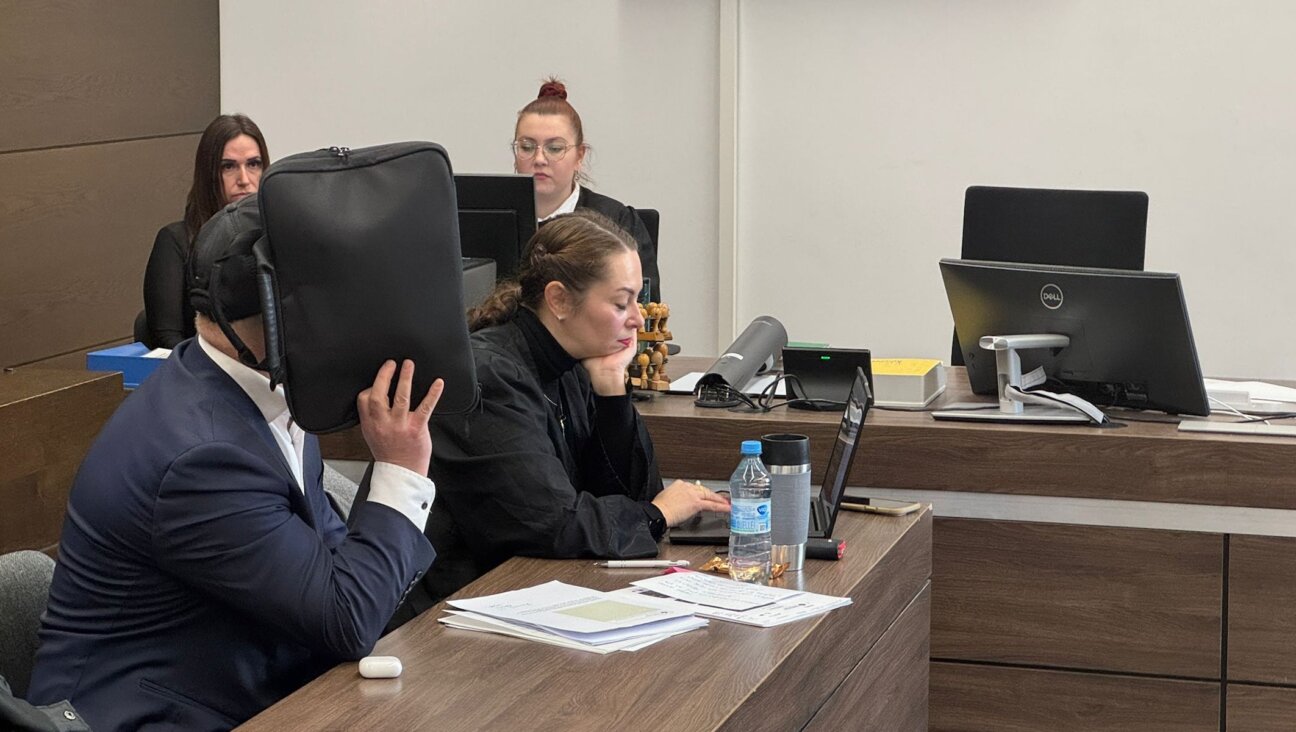Prosecution Loses Key Appeal in Case of AIPAC Staffers
An appeals court rejected the prosecution’s bid to overturn tough restrictions on what it must prove in the classified information case against two former AIPAC staffers.
The decision Tuesday by the 4th Circuit Court of Appeals in Richmond, Va., keeps in place orders by the federal judge trying the case. T.S. Ellis III had ruled that the prosecution must prove the information allegedly relayed to journalists, Israeli diplomats and colleagues by AIPAC’s Steve Rosen and Keith Weissman was “closely held” by the United States and potentially damaging to U.S. interests, and was relayed in bad faith.
Observers have predicted that the appeals court decision could lead the Obama administration to reconsider whether to go ahead with the case.
The three-judge appeals court panel called the U.S. government’s effort to overturn Ellis’ decision, handed down in 2006 in an opinion that rejected a defense motion to dismiss, as “improper.” Pretrial prosecution appeals in classified information cases are meant to strictly address questions of which classified evidence is admissible, the appeals court said, calling the attempt to reverse a major decision “piggybacking.”
“This appeal is limited to the evidentiary rulings” in an order Ellis handed down nearly a year ago determining admissible evidence, the appeals court said.
“This is a tremendous victory for the defendants,” said Baruch Weiss, who represents Keith Weissman, the American Israel Public Affairs Committee’s former Iran analyst.
Abbe Lowell, the attorney for Steve Rosen, AIPAC’s former foreign policy chief, said the ruling “is just the latest confirmation that this is a misdirected case brought under a misdirected theory where the government continues to be reminded that they are wrong.”
Prosecutors have suggested that Ellis’ restrictions on the 1917 statute create a high barrier to surmount in a trial that has been delayed multiple times over four years. It is now set for April 21.
They argued that the statute does not require proof of bad faith and that its base line was that the release of the information might help a foreign government, and not necessarily that it harmed the United States.
















